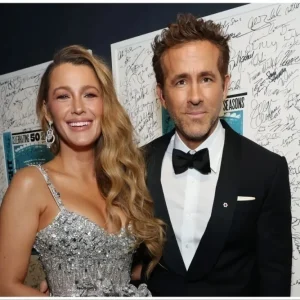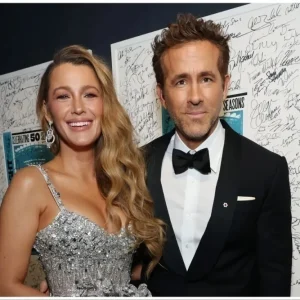In a shocking and highly controversial statement, Elon Musk, the CEO of Tesla and SpaceX, has called for a boycott of biological men competing in women’s sports. Musk’s remarks, made on social media, have ignited a fierce debate online and sparked widespread discussion about the intersection of gender identity, sports, and fairness.

The Statement and Its Impact
Musk’s comments came in response to the ongoing debate surrounding the inclusion of transgender athletes in women’s sports. He expressed his concerns about the physical advantages that biological men might have over women in certain sports, particularly in highly competitive environments. Musk argued that allowing biological men to compete in women’s categories could undermine the integrity and fairness of female sports.
The statement quickly went viral, with both supporters and critics weighing in on the matter. Musk, known for his outspoken views on a variety of issues, once again found himself at the center of controversy. His call for a boycott sparked strong reactions, with some applauding him for taking a stand on what they view as an important issue, while others criticized him for making divisive remarks.
Supporters of Musk’s Statement
Some people support Musk’s position, arguing that biological differences between men and women provide an unfair advantage in certain sports. These individuals believe that women’s sports should be reserved for athletes who are biologically female in order to maintain a level playing field. They also argue that allowing biological men to compete could lead to a decline in opportunities and scholarships for women in sports.
Musk’s supporters believe that his statement shines a light on the potential dangers of allowing biological men to compete against women and could help protect the integrity of female sports. Some also argue that athletes should be categorized based on their biological sex, rather than gender identity, in order to ensure fairness and equity in competition.
Criticism of Musk’s Remarks
On the other hand, Musk’s statement has faced significant criticism, particularly from advocates for transgender rights and gender inclusivity in sports. Many argue that such a boycott would be discriminatory and harmful to transgender individuals, who already face significant challenges in society. Critics say that gender identity, rather than biological sex, should be the determining factor for participation in sports, and that inclusivity is a fundamental value in sports and society as a whole.
Transgender advocates argue that sports should be a welcoming space for all athletes, regardless of gender identity. They believe that allowing transgender women to compete in women’s sports is essential for promoting equality and supporting the rights of transgender individuals to fully participate in society. Many view Musk’s comments as a step backward for transgender inclusion and a setback for the fight for LGBTQ+ rights.
The Larger Debate on Transgender Athletes in Sports
The issue of transgender athletes in sports has become a contentious and polarized topic in recent years. Advocates for transgender rights argue that sports organizations should adapt their rules to ensure that transgender athletes are included and able to compete fairly. On the other hand, those concerned about fairness in competition argue that biological advantages in certain sports cannot be ignored and that it’s essential to preserve women’s spaces in athletics.
The debate has led to changes in policies by several sports organizations, including the International Olympic Committee (IOC) and various national governing bodies for sports. While some have implemented guidelines to allow transgender athletes to compete in accordance with their gender identity, others have introduced policies to ensure that biological advantages are taken into account.
The Future of Women’s Sports and Gender Identity
Musk’s controversial statement adds to the growing tension over the future of women’s sports and the inclusion of transgender athletes. While Musk’s views are likely to continue to provoke strong reactions, the broader conversation about gender identity and fairness in sports is likely to persist. As society continues to evolve and the fight for equality progresses, the conversation around transgender athletes and their participation in women’s sports will remain a hot-button issue for years to come.
Conclusion
Elon Musk’s call for a boycott of biological men in women’s sports has sparked a major controversy, with opinions divided across the globe. Whether you support or oppose Musk’s statement, it is clear that the conversation around gender identity in sports is far from over. As the debate continues, it will undoubtedly have far-reaching implications for the future of women’s sports, the rights of transgender athletes, and how society views gender and fairness in competitive environments.





